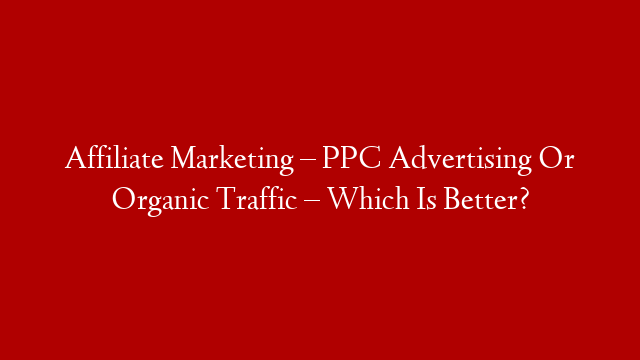Learn 7 useful Ad Group best practices in Google Ads. AdWords Ad Groups can be difficult to learn at first, but they are used to organize your keywords, ads, and landing pages. Rather than grouping all of your keywords, advertisements, and landing pages together, you can create separate Ad Groups. It is a best practice to keep your Google Ads campaigns organized, and Ad Groups allow you to do just that.
7 Useful Google Ads Ad Group Best Practices:
1. Create Ad Groups for each landing page. Group your keywords together so they all follow the same theme and to keep your landing pages as targeted as possible.
2. Less keywords per ad group, even using Single Keyword Ad Groups when necessary. You don’t want to put too many keywords in the same Ad Group because your targeting will not be as relevant as possible, and it can hurt your quality scores and ad rank over time.
3. Use bids and negative keywords to avoid crossover between Ad Groups. You can add Ad Group level negative keywords to make sure users are seeing the best ads and visiting the best landing pages for each keyword you are targeting.
4. Create 2-4 ads per ad group. You should use a combination of responsive search ads and expanded text ads.
5. Testing landing pages in your Ad Groups so you can see which landing pages perform the best for your campaign.
6. Use Ad Group level ad extensions including Ad Group sitelink extension and Ad Group callout extensions. That way, you can create the best possible advertisements for your products and services.
7. Create less campaigns with more Ad Groups. You should create a lot of Ad Groups when you set-up your campaign, and avoid creating too many campaigns unless you need to separate campaigns by budgeting or by location.
Helpful Videos:
Google Ads Tutorials Playlist:
Google Ads Tutorial 2019:
11 Google Ads Strategies For 2019:



